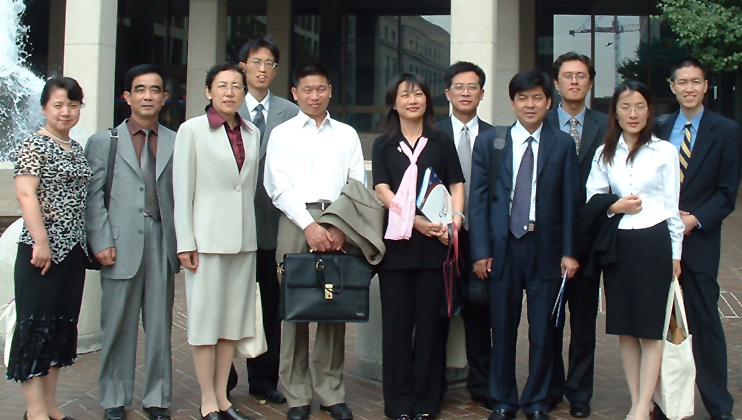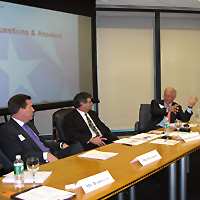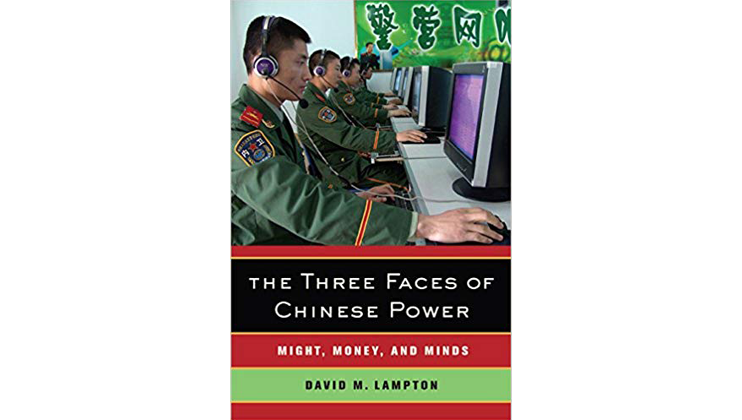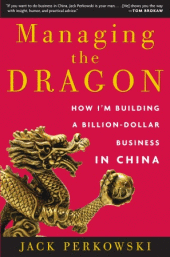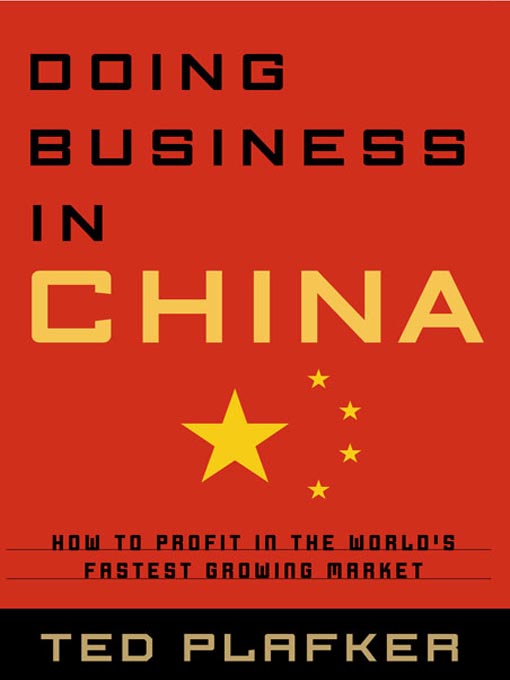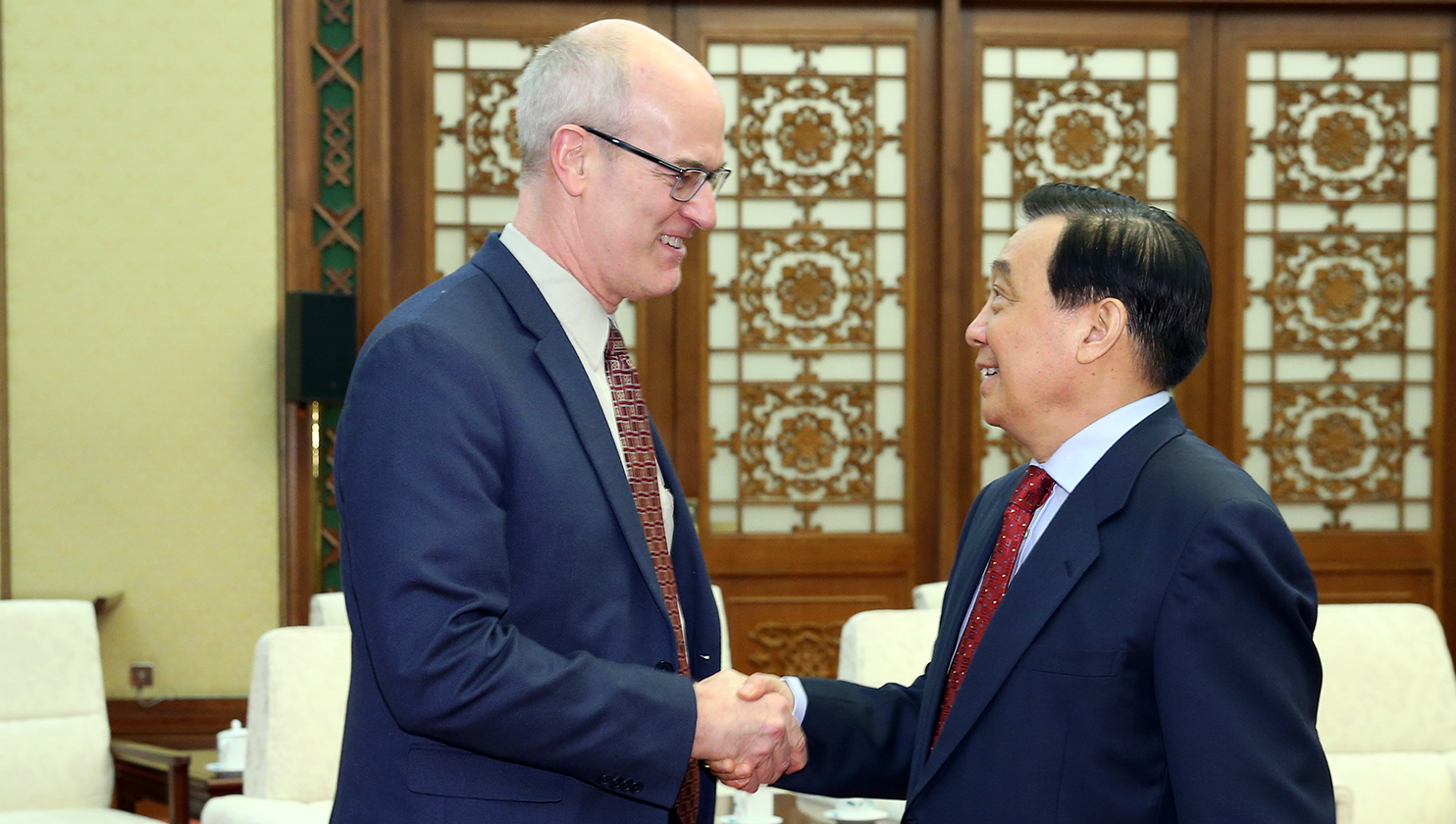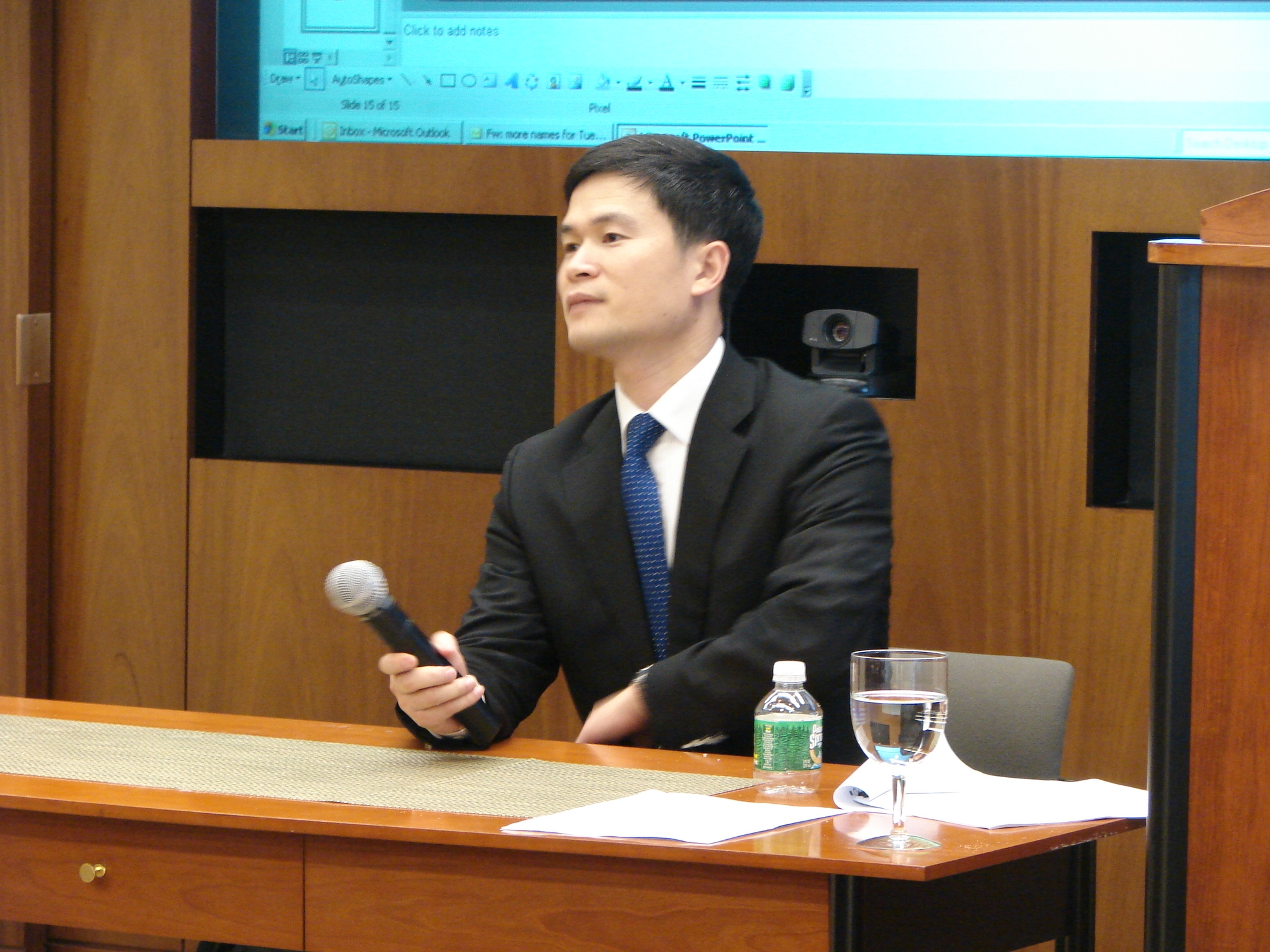In 2002, a consortium that included the National Committee, The Asia Foundation, and Worldwide Strategies, Inc. was awarded a multi-year contract by the U.S. Department of Labor to run a set of programs to improve Chinese labor laws. The overall goals were to help strengthen the Chinese government's capacity to develop laws and regulations to implement internationally recognized standards of workers' rights, to promote greater awareness of labor law among Chinese workers and employers, to strengthen industrial relations, and to improve legal aid services to women and migrant workers. The National Committee's mandate was to work on legislative and labor inspection issues.
Business has been a driving force in expanding U.S.-China relations, and American companies of all sizes continue to enter the China market or expand their current operations at an unprecedented rate. What do American businesses operating in China see as key issues, and what steps can both countries’ governments take to improve the business climate? […]
Dr. David M. Lampton shares his perspective on how China’s strengths are changing, where vulnerabilities and uncertainties lie, and how the rest of the world, not least the United States, should view these trends.
Jack Perkowski, chairman and CEO of ASIMCO Technologies, gave National Committee members and guests a snapshot view of his experiences in building an automotive parts business in China.
Ted Plafker is a Beijing-based correspondent for The Economist. In his book, Doing Business in China: How to Profit in the World’s Fastest Growing Market, he highlights promising economic sectors, provides information on China’s legal landscape, and offers advice on how to promote and distribute products to Chinese consumers, among other topics.
The National Committee regularly sends members of Congress to China, having arranged and escorted eight delegations since 2006. The week-long study tours are designed to educate the congressmen and women about China through personal introductions to senior Chinese leaders and a range of informative site visits and meetings.
Fang Xinghai, an alumnus of the National Committee’s Young Leaders Forum and former deputy director of the Shanghai Stock Exchange, became deputy director of Shanghai’s Office of Financial Services in 2006. In his remarks to National Committee members and guests, Dr. Fang focused on steps Shanghai is taking to position itself both as China’s financial […]
Professor Lucian Pye and Professor Robert A. Scalapino, two distinguished scholars in the field of U.S.-China relations who have served as National Committee chairmen, discussed the founding of the National Committee, its work over the past 40 years and the role it might play in the future at a May 3 anniversary program in New York City. National Committee chair Carla Hills welcomed the many current and former directors, members and guests who attended the program.
As part of an overall strategic review, the Rockefeller Foundation asked the National Committee to help it look at how China’s emergence affects the foundation’s strategies and goals. The China Project is an ongoing series of seminars and discussions begun in 2005 with the aim of providing the Foundation staff an opportunity to examine the global and regional impacts of China’s rise and its implications for Foundation programming around the world. The focus is on issues the Foundation staff identified as important to their programmatic goals.
The National Committee programmed a week-long trip to Beijing and Shanghai for Michael Moskow, president of the Federal Reserve Bank of Chicago. Among other activities, he engaged Chinese economists and senior bankers at the People’s Bank and Chinese Academy of Social Sciences, lectured at the Central Party School and Tsinghua and Fudan Universities, and met […]
